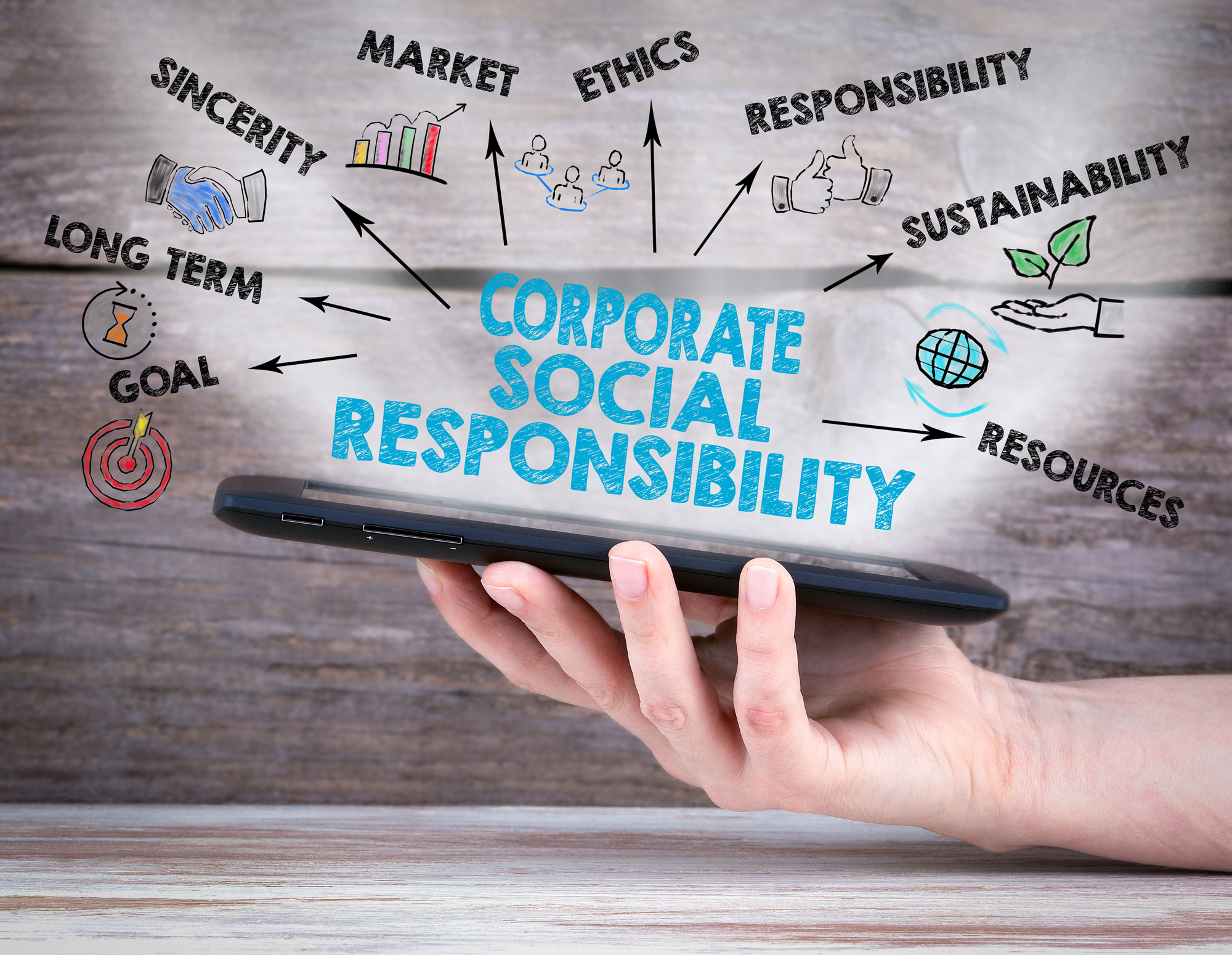Supporting and improving the lives of extended communities beyond our own, or wanting to improve and create better processes and outcomes are traits of being human. While these noble efforts are even more necessary amid the challenges facing today’s pandemic ridden world, too often we hear of situations when corporations use sustainable and social efforts as marketing or financial ploys to simply expand their brand image and profits.
Despite highly formalised and standardised corporate reporting structures, many corporations continue to breach ethical practices. The 1984 Bhopal Disaster, the 1997 Nike Sweatshop Scandal, the 2010 Deepwater Horizon Oil Spill, the 2017 Apple Foxconn Scandal, and the very recent Johnson & Johnson baby talcum powder scandal in 2017 are some stark examples of unethical business practices. These organisations have one commonality in that they often tout themselves as ‘champions’ of corporate social reporting and annually table attractive data and statistics to reflect their corporate social responsibility (CSR) efforts.
Undertaking a study to explore the expiration of utilitarianism within corporate CSR practices during this global pandemic, Associate Professor Dr Tan Seng Teck, a lecturer with the Faculty of Business, Communication & Law at INTI International University hopes to bring to light the inadequacy of positivistic CSR approaches and the need for truthful, open and responsive business practices, where CSR is supported by organisational and moral changes.
Associate Professor Dr Tan Seng Teck, a lecturer with the Faculty of Business, Communication & Law at INTI International University
“The term CSR is a misnomer. Over the years, diverse meanings and purposes have been attributed as CSR. Business decisions made purely based on advantages that outweigh the disadvantages are often slapped with a label of CSR. But with the increasing awareness of stakeholders today, corporations are now required to fulfil a minimum value of morality. Corporations must now treat the community as the ‘end’ and not a ‘means to an end’,” Dr Tan shared.
The author of several chapters in an upcoming book titled Insights into Economics and Management and having been granted the Rosalind Membership with an international journal, Dr Tan hopes that his research will shed light on the structural flaws of existing audit approaches towards CSR.
A believer that a company’s ethical disposition and standards cannot be measured by numerical analysis and tabulations, Dr Tan hopes to shift perspectives towards the importance of a responsive CSR approach which emphasises the need for moral legitimacy, cultural change and moral transpose required to support unpretentious CSR implementations.
“When we move perspectives from a utilitarian to Kantian approach, we shift the role of corporations from one that uses communities as a means to an end, to one that is duty-bound to resolve the problems the community encounters. When we look at the large scale impact many corporations leave on their communities, the need for this shifting of responsibilities becomes increasingly necessary, and is in fact the purest form of CSR,” Dr Tan explains.
For CSR to be sustainable and genuine, corporations must be sincere and ethical both in their activities and their reporting.
Drawing on how scenarios had shifted with COVID-19, the academician with over 13 years of experience who specialises in teaching Law and Business Ethics, shared that COVID-19 has brought to light the accumulated environmental challenges from continuous stressors that corporations ignore or worse still, may cover up.
“When we look at how quickly the climate changed during those initial weeks when companies had to cease their operations globally, we could see visible shifts in our environment and even a decrease in natural disasters. With these evidences in place, Covid has added to the urgency that corporations must abide to moral business ethics and serves as a timely reminder that human activity, especially large scale productions, must be brought to account – and also reported far more honestly that what we may be seeing today,” Dr Tan warned.
Having taught hundreds of undergraduate and graduate students, and with over 30 publications in indexed journals emphasising on law, management and business ethics, Dr Tan hopes his research inspires real awareness and sheds a light on the inadequacies of deploying a standardised approach in corporate sustainability reporting.
While global movements such as the Global Reporting Initiative (GRI) advocates firms to annually table their sustainability performance through tabulated statistics, many firms continue to simply publish flamboyant sustainability reports and project attractive but quantitative CSR indices to social inquiry.
“Through this research, I hope to significantly impact supra and national policies. In light of current scenarios, we must question the adequacy of numerical audits and the values of annual and CSR reports in expressing truthful CSR activities,” Dr Tan enthused.
He concludes, “We are now in an era when even a single virus in a single city can have widespread global impact to humanity and the planet. How much more so the day to day activities of multinational corporations established in numerous regions. As academicians who serve and educate future generations, it is necessary to engage and be a part of meaningful ideas including the long term accountability and sustainability of our practices and work at all levels of society.”

